If you’re learning English then you’ve got a lot to deal with including strange spelling, tricky pronunciation, English idioms, slang and of course, phrasal verbs in English.
Native speakers use phrasal verbs in English all the time. So you need to make sure you know the most common ones.
You probably started learning some of the most common verbs in your first few lessons of school. Phrasal verbs such as “come in”, “sit down”, “stand up”. But of course, there are plenty more!
In this post, you’ll learn 95 of the most common phrasal verbs in English. Each one comes with the meaning and example sentence so you can start using them straight away.
What Are Phrasal Verbs In English?

A phrasal verb is a verb plus a preposition, like “in” or “on” or adverb, like “away” or “down”.
Sometimes the prepositions help us to understand the phrasal verb. For instance, when we use phrasal verbs with verbs of movement, the meaning can be quite clear.
- Please get on the train before it leaves
- Do you know what time you’ll come back?
But other times, the preposition changes the verb’s meaning:
- My parents decided to break up after 20 years of marriage (= to separate)
- I don’t know why I put up with your bad behaviour! (= to tolerate)
The second example, “to put up with”, is an example of a phrasal verb that’s also followed by a preposition, in this case “with”.
Another similar example of a phrasal verbs plus a preposition that you’ll often hear is “to look forward to”, meaning to feel excited about something that’s going to happen.
Phrasal Verbs With Objects

You’ll see that you can use some phrasal verbs in this list with an object. You can normally put the object in two different positions. Here’s an example with “to turn down”, meaning, to lower the volume of a machine.
- Could you turn down the TV?
- Could you turn the TV down?
If the object is a pronoun though, such as “it”, “he” or “them” only one position is possible:
- Could you turn it down?
Now that's clear, let's take a look at this list of phrasal verbs in English.
Phrasal Verbs In English With “In”
Several common phrasal verbs in English contain the preposition “in”. Here’s a selection of the most useful ones.
1. Check In
To present yourself at the airport to put your bag on the plane and get your boarding pass.
Example: I was worried we would miss our flight as there was a huge queue to check in.

2. Dive In
To start something with a lot of enthusiasm
Example: I’m excited to dive in at my new job next Monday.
3. Drop In
To visit someone briefly, without an invitation to come at a specific time.
Example: You’re always welcome here so please drop in the next time you’re in town.
4. Fill In
Write/type information on a form in the spaces provided. The phrasal verb “fill out” has the same meaning.
Example: Could you fill in the survey and send it back to me?
5. Get In
To manage to enter a place, by force or with a lot of effort.
Example: There’s broken glass on the floor – the burglars must have got in through the window.
6. Join In
Participate in an activity with others.
Example: Let your brother join in too – he loves to play card games.
7. Let In
To allow someone to enter a place.
Example: My boyfriend gave me a key so I could let myself in even if he isn’t at home.
8. Move In
To go to a new place to live.
Example: The room is ready for you. Do you know when you’ll be able to move in?
9. Plug In
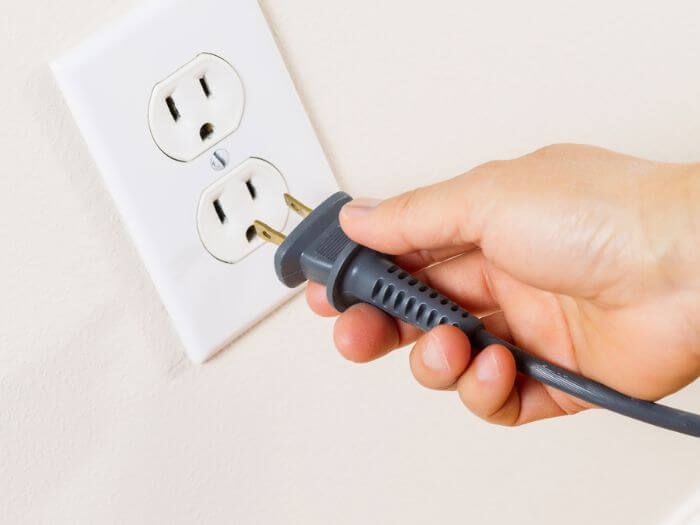
To connect a machine or device to the electricity supply.
Example: Of course your new computer isn’t working – you haven’t plugged it in!
10. Take In
To completely understand something.
Example: That sounds crazy – it’s hard to take in all the things you’ve just told me.
Phrasal Verbs In English With “Out”
Many phrasal verbs in English are also formed with the preposition “out”. You’ll find some of the most useful ones here.
11. Carry Out
To complete a task, especially one assigned to you. You often see it with words like “instructions”, “order”, “experiment”, “survey”, “investigation”, “plan” etc.
Example: The police are carrying out an investigation so we’re waiting for more information about potential suspects.
12. Check Out
To return your room key and pay so that you can leave a hotel.
Example: I asked the receptionist and she said that we need to pay extra if we want to check out after 11am.
13. Cross Out
To draw a line or make a mark on something you have written.
Example: I thought I was on the guest list for the party but someone crossed out my name.

14. Cut Out
To remove something from paper or cloth, with scissors usually, so you can keep it.
Example: My mum cut out that story about me that was published in the newspaper.
15. Drop Out (Of)
To stop doing something before you’ve finished, like your studies or a race.
Example: Her parents were shocked when she announced that she planned to drop out of university a month before her final exams.
16. Eat Out
To eat at a restaurant, not at home.
Example: There’s nothing in the fridge or the cupboards so shall we eat out tonight?
17. Fall Out (With)
To stop being friends with someone, often after an argument.
Example: I can’t remember why they fell out with each other – it’s a shame because they were such good friends.
18. Find Out
To get information about something or to discover a piece of information for the first time.
Example: I found out it was your birthday five minutes ago so unfortunately I don’t have a present for you!
19. Get Out
To leave a closed space, like a building or vehicle.
Example: It’s not really allowed, but I’ll stop at that bus stop so you can get out.
20. Give Out
To give something to each person present. You’ll also hear the phrasal verb “hand out” in this context.
Example: Could you help me give out a worksheet to each student?
21. Go Out
To leave a room/building, often to do something fun.
Example: It’s the weekend – we should call some friends and go out for a drink together.
22. Leave Out
To not include something or someone.
Example: If you leave out the butter, you can make a vegan version of this recipe.
23. Look Out
To watch what’s happening.
Example: My cat loves to look out the window and see what’s happening in the street.
24. Move Out
To stop living in a particular type of accommodation.
Example: The owner wants to sell the apartment so I’ll have to move out.
25. Point (Something) Out
To make a person notice something or someone, sometimes with your finger.
Example: I hate it when people point out the mistakes I make in French.
26. Walk Out (Of)
To leave an event due to anger or disapproval.
Example: Some of us are considering walking out of the annual general meeting in protest.

27. Work Out
To do physical exercise.
Example: As I spend a lot of time sitting at my desk, I make sure I work out three times a week at the gym.
28. Run Out (Of)
To finish something and have none left.
Example: My pay is so low that I usually run out of money a week before I get paid.
29. Sort (Something) Out
To manage to find a solution to a problem or to put things in order.
Example: She spends a lot of time sorting out her son’s problems, but he’s old enough to deal with them himself.
30. Turn Out
To happen or become known to happen in a particular way.
Example: It was raining heavily this morning, but in the end, it turned out to be a lovely, sunny day, especially in the afternoon.
31. Try Out
To test something to see if it works or if you like it.
Example: I can’t wait to try out my new car when it gets delivered tomorrow.
English Phrasal Verbs With “On”
Next, let’s take a look at some essential phrasal verbs in English that contain the preposition “on”.
32. Go On
To happen or to continue.
Example: They’re making a lot of noise next door – what’s going on?
33. Get On
To manage a situation, usually well.
Example: How is your daughter getting on in her new job?
34. Get On With
To have a good relationship with someone.
Example: My parents weren’t getting on with each other any more so they decided to get divorced.
35. Keep On Doing Something
To do something repeatedly/continuously.
Example: If the teacher doesn’t say something, then the students will just keep on talking.

36. Put (Something) On
To make a device/machine operate by pressing a switch. You can also put on music or a DVD, i.e play music, play the DVD.
Example: According to the instructions, you need to put the oven on 10 minutes before.
37. Try (Something) On
To put on clothes before you buy them to check if they fit.
Example: I really don’t like buying shoes online because I prefer to try them on first.
38. Turn (Something) On
To make a device/machine operate by pressing a switch.
Example: It’s getting dark. Could you turn the light on please?
English Phrasal Verbs With “Off”
Our list of phrasal verbs in English wouldn’t be complete without a section on phrasal verbs with “off”. Here’s some that you need to know.
39. Be Off

To leave to go somewhere.
Example: I must be off as it’s almost 4pm and I need to pick the kids up from school.
40. Call Off
To cancel an event, especially a sporting event.
Example: The football match was called off due to bad weather.
41. Finish (Something) Off
To finish the last part of something.
Example: I’m just going to finish off this email and then I'll go to bed.
42. Go Off
To explode, in the case of a bomb or to ring, in the case of an alarm.
Example: My alarm didn’t go off this morning so I was late for work.
44. Put (Something) Off
To delay or postpone.
Example: We can’t put off talking to your mother about this any longer.
45. Set Off
To start a journey.
Example: What time are you going to set off tomorrow?
46. Show Off
To try to impress people or get their attention in a way that’s annoying.
Example: Stop showing off – you don’t really own that Tesla.
47. Take Off
To leave the ground and begin to fly.
Example: The bad weather means the plane won’t be able to take off on time.

48. Tell (Someone) Off
To speak to someone in an angry way because they’ve done something wrong.
Example: My mum told me off because I hit my brother.
49. Turn Off
To make a device/machine stop operating by pressing a switch.
Example: They turned off the heating because they didn’t have enough money to pay the gas bill.
English Phrasal Verbs With “Up”
Lots of useful phrasal verbs in English contain the preposition “up”. Learn the ones in this part of the list and you’ll soon speak more fluent English.
50. Beat Someone Up
To injure someone seriously by hitting them or kicking them many times.
Example: He’s in prison because he beat up a police officer.

51. Break Up / Split Up (With Someone)
To end a romantic relationship, to separate.
Example: He’s been in a much better mood since he broke up with his girlfriend.
52. Bring (Something) Up
To introduce a particular topic in a conversation. To start talking about something.
Example: I recommend that you don’t bring up the issue of their divorce in the meeting later.
53. Blow Up / Blow (Something) Up
To explode. To destroy something with a bomb.
Example: They’ve threatened to blow up government buildings if we don’t respond to their demands.
54. Catch (Someone) Up / Catch Up (With Someone)
To manage to reach someone in front of you by moving/travelling faster than them.
Example: She’s just left so if you’re quick, you should be able to catch her up.
55. Clean Up
To make something (person/place) clean.
Example: Could you please clean up the kitchen before you go to bed? I want all this mess gone before I come down for breakfast tomorrow.
56. Cheer Up /Cheer (Someone) Up
Be happier or make someone else feel happier.
Example: Your grandmother’s not feeling well at the moment – could you give her a phone call to cheer her up? You know how much she loves to hear from her grandchildren.
57. Come Up
To be mentioned in a conversation.
Example: Did any interesting topics come up in yesterday’s team meeting?
58. End Up
To finally be in a particular place or a particular situation.
Example: How did you end up living in this village?
59. Give (Something) Up
To stop trying to do something (often something difficult) or to stop doing something.
Example: We wanted to give up many times while we were building our business.
Example. Quit smoking? I’ve tried to give it up three times already!
60. Grow Up
To become an adult.
Examples: You’re not from here are you? Where did you grow up? (in other words, where did you live when you were young?)
61. Keep Up (With Someone)
To continue at the same speed or level with someone.
Example: I don’t think I can go running with you because you’re faster than me and I won’t be able to keep up.

62. Look (Something) Up
To search for specific information in a book or on a computer.
Example: It’s so much easier to look up words in the dictionary now that we have online dictionaries.
63. Make (Something) Up
To invent a story or excuse that’s untrue.
Example: He made up an excuse about having too much work to do to avoid having dinner with his family-in-law.
64. Mix (Someone/Something) Up
To confuse two people or things by thinking that one is the other.
Example: We’re not twins, but we look so similar that people often mix us up.
65. Put (Something) Up
To raise something or maintain it in a raised position.
Example: So the first rule is that you must put your hand up if you want to speak.
66. Put Up With Something
To tolerate something or someone unpleasant.
Example: I don’t know why she puts up with her boss’s criticism – he’s really unfair to her.
67. Pick (Something/Someone) Up
To lift with your hands.
Example: Could you pick up that piece of rubbish you just dropped please?
68. Save Up
To save money for something specific you want to buy in the future.
Example: They’re not going out much at the moment because they’re saving up to travel around the world.
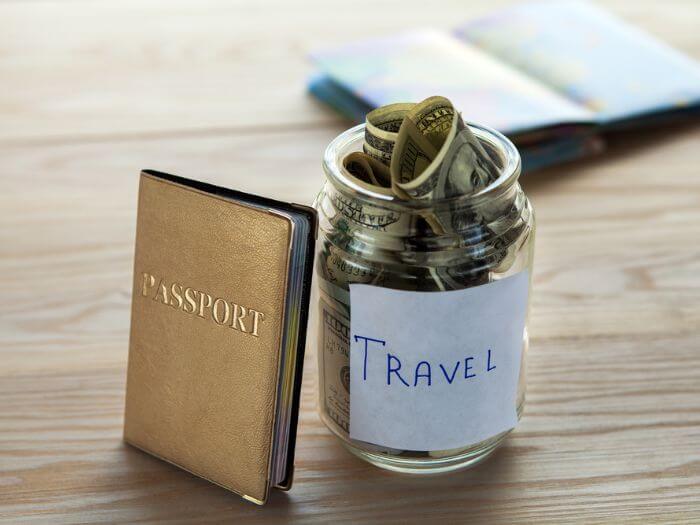
69. Set (Something) Up
To start a company, a system, organisation etc.
Example: You’ll need to fill in a lot of paperwork if you want to set up a business in this country.
70. Stand Up
To be or to move into an upright position on your feet.
Example: I had to stand up all the way home on the bus as it was very busy and there were no free seats.
71. Take Up
To use or fill space or time.
Example: You’ve been very helpful and have answered my questions so I won’t take up any more of your time.
72. Turn Up
To arrive somewhere, usually unexpected.
Example: I don’t know when I’ll see them again – they turn up when it suits them.
73. Use (Something) Up
To use all of something, in a container for example, so that it becomes empty.
Example: Who used up all the milk? I can’t have my cup of tea now!
English Phrasal Verbs With “Down”

Just as many common phrasal verbs in English contain the preposition “up”, many also use the preposition “down”. Here are a few of the most common ones.
74. Break Down
To stop functioning, in the case of a vehicle or machine.
Example: Our car broke down in the middle of the night, but another driver stopped to help us fix it.
75. Burn Down
To be destroyed in a fire
Example: The firefighters were able to save our house, but our neighbour’s place burnt down.
76. Calm (Someone) Down
To become calmer after being angry, upset or excited or to make someone calmer.
Example: After an exciting event like a birthday party, it takes my kids hours to calm down.
77. Close Down/Shut Down
To stop operating, in the case of a business or organisation.
Example: The grocery shop shut down years ago – it was the last one in the village.
78. Put (Something/Someone) Down
To put something onto the floor or other surface. To stop carrying someone, like a child.
Example: Time’s up! The exam is officially over. Please stop writing and put your pens down.
79. Take (Something) Down
To remove something from a wall.
Example: I’ve always hated that painting – we should take it down and replace it with some photos.

80. Sit Down
To move your body onto the ground or a seat.
Example: When I come home from a long day at work, all I want to do is sit down on the couch and watch TV.
81. Turn (Something/Someone) Down
To refuse an offer, application or request.
Example: It’s an amazing opportunity, but I’m afraid I’ll have to turn it down.
82. Write (Something) Down
To write something on a piece of paper so that you don’t forget it.
Example: I’m going to write down the address because I’ll never remember it.
English Phrasal Verbs With “Away”
No list of phrasal verbs in English would be complete without a selection of verbs with “away”.
83. Blow Away
To be carried out of your reach or sight by the wind.
Example: It was so windy on the beach that my hat blew away!

84. Get Away
To escape or leave a person or place, often with difficulty.
Example: I won’t be able to get away from work until 7pm.
85. Give (Something) Away
To give something to someone else for free.
Example: I've finished my studies so I’m giving away all my textbooks.
86. Go Away
To leave somewhere or leave a person. To go away from home for a certain amount of time, often for a holiday.
Example: Are you going away for Christmas or are you planning to stay here?
87. Keep Away (From)
To not go near someone or something.
Example: Keep away from the edge of the cliff – it's dangerous!
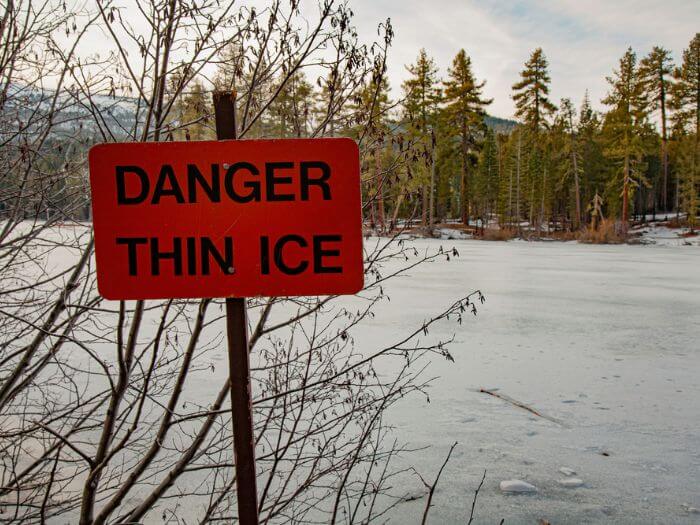
88. Put (Something) Away
To put something back in the place where you usually keep it, which often means you can’t see it any more afterwards.
Example: Because I work from home, I put my computer and work files away at the end of the day so that I don’t think about work in the evening.
89. Take (Something) Away
To remove something.
Example: My parents threatened to take my smartphone away if my test scores didn’t improve.
90. Throw (Something) Away
To put something in the bin.
Example: They refuse to throw away all those newspapers piled up in their garage that nobody reads.
English Phrasal Verbs With “Back”
And finally, here’s a selection of useful phrasal verbs with “back”.
91. Call Back
To return someone’s phone call.
Example: My boss is out to lunch at the moment but I’ll leave her a message to call you back this afternoon.
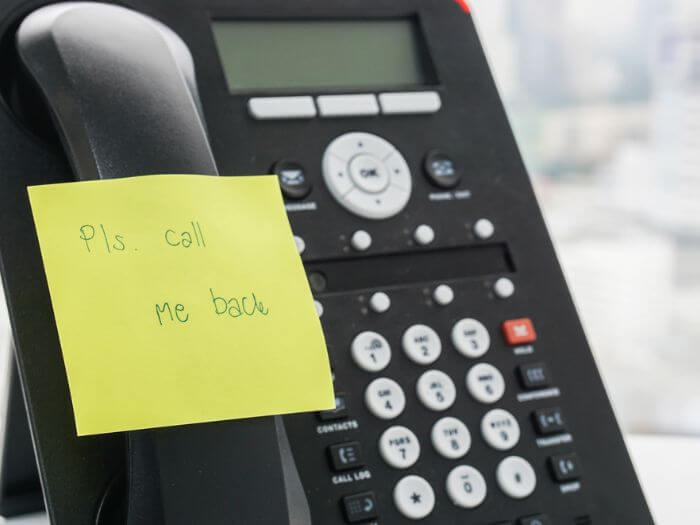
92. Get Back To
To contact someone again, by phone or email, because you weren’t able to talk before, or to give them a piece of information.
Example: I sent him two emails and even phoned but he never got back to me.
93. Give (Something) Back
To return an item you’ve borrowed from someone else.
Example: If you don’t give library books back on time, then you get a fine.
94. Pay (Someone) Back
To give someone money you’ve borrowed from them.
Example: I don’t lend him money any more because he never pays me back.
94. Put (Something) Back
To return something to the place where it was before you moved it.
Example: Could you put the book back where you found it once you’ve finished reading it?
Phrasal Verbs In English: Just The Beginning
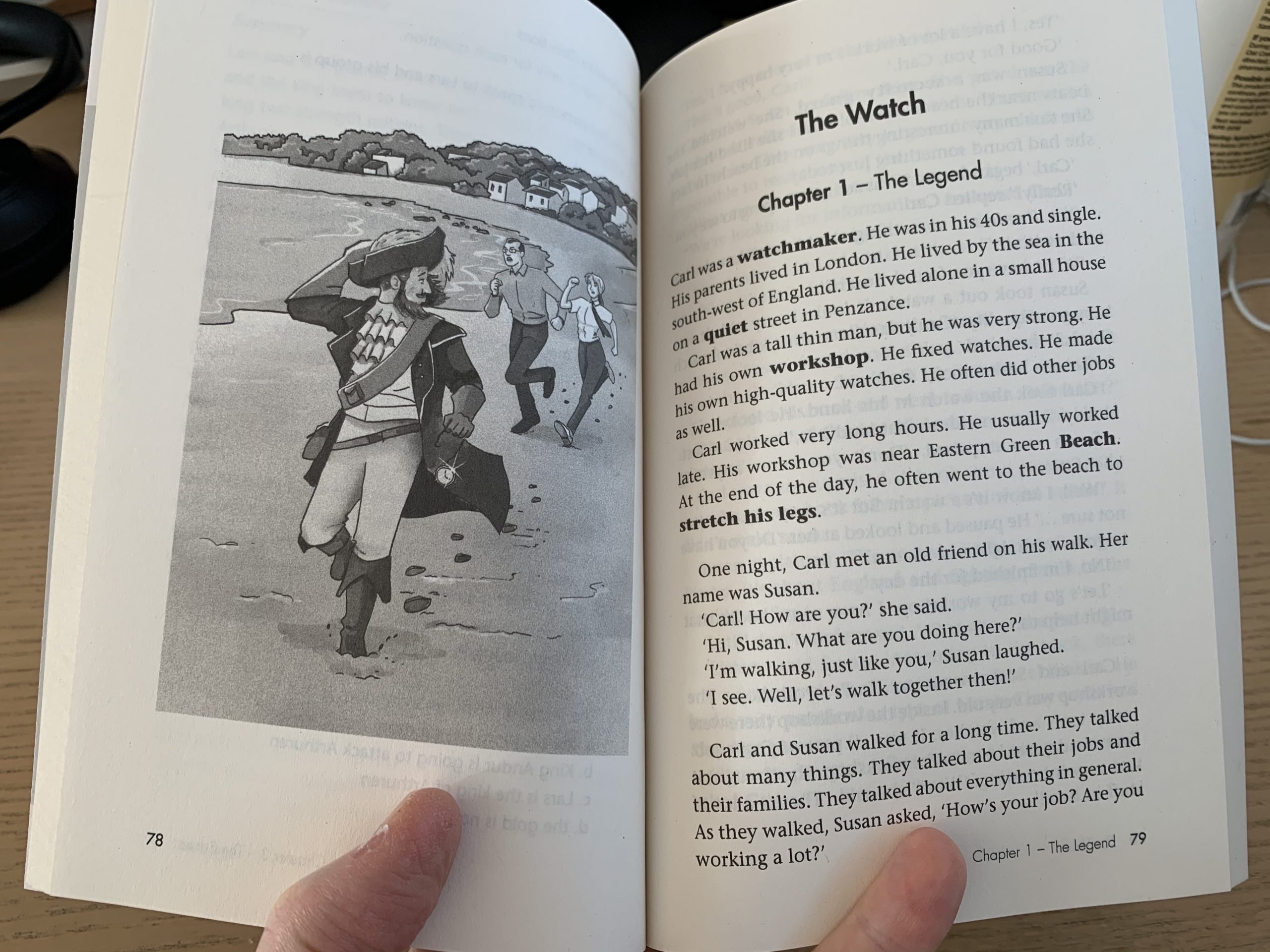
Wow, congratulations on reaching the end of this post on English phrasal verbs.
You now know 95 of the most common phrasal verbs in English, so you’ll be able to understand native speakers better. You’ll also sound more natural when you speak English.
But there are many more phrasal verbs in English than the ones on this list! You may be wondering – how can I ever learn them all? But don’t worry, you don’t need to memorise hundreds of phrasal verbs.
Instead, use the StoryLearning method and read and listen to interesting stories in English. As you read these stories, you’ll see the most common phrasal verbs all the time. So you’ll be able to learn and use them without memorising them.

Olly Richards
Creator of the StoryLearning® Method
Olly Richards is a renowned polyglot and language learning expert with over 15 years of experience teaching millions through his innovative StoryLearning® method. He is the creator of StoryLearning, one of the world's largest language learning blogs with 500,000+ monthly readers.
Olly has authored 30+ language learning books and courses, including the bestselling "Short Stories" series published by Teach Yourself.
When not developing new teaching methods, Richards practices what he preaches—he speaks 8 languages fluently and continues learning new ones through his own methodology.










































